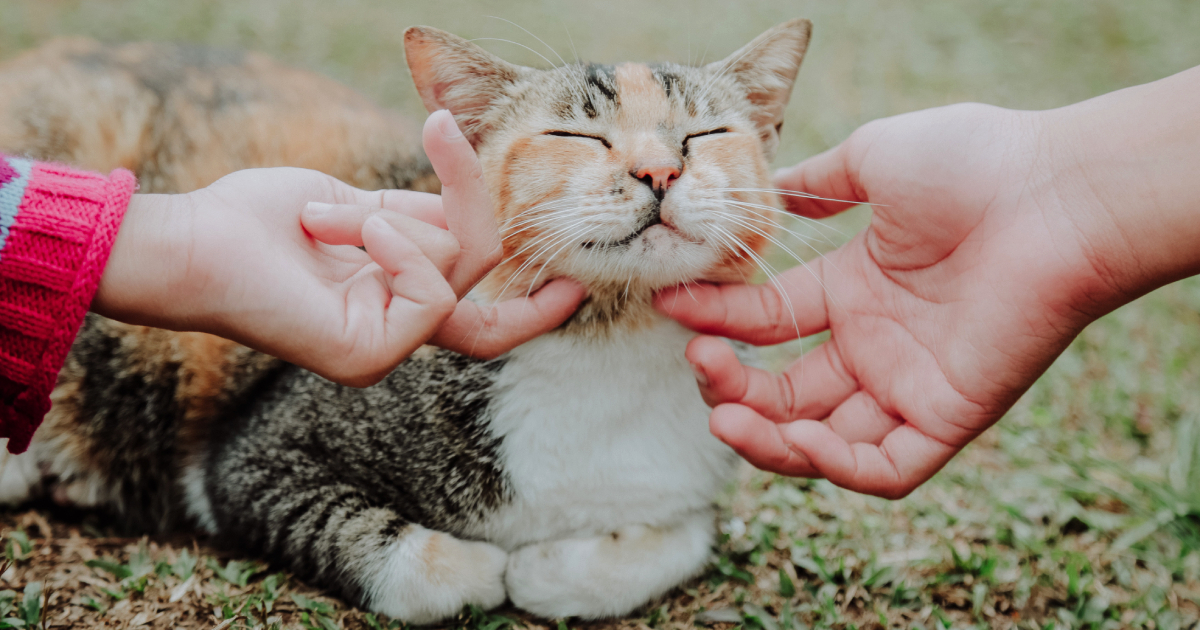If a cat owns you, you know felines can calm stress and bring tranquility to the people who love them. One recent study concentrates on this power, revealing people with high emotional drives tend to be drawn to cats, and these strong feelers would better benefit from their inclusion in animal therapy programs.
In the journal Anthrozoös, the study points out that most of these “Pet Your Stress Away” events only include dogs. Researchers found those with high emotionality expressed interest in attending animal assistance therapy if cats were included. The study also concluded a greater number of people could be reached by adding cats to these stress-release events. And helping more people find better mental health is always a win.
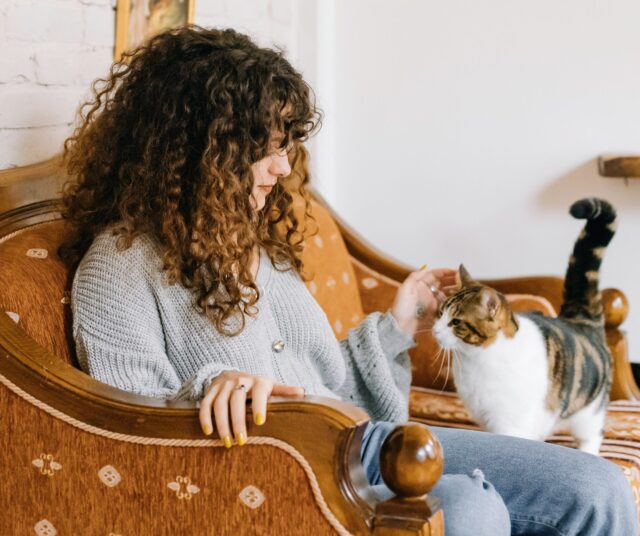
Emotions and Cats Seem to Mix
When lead author Joni Delanoeije of the Belgian university KU Leuven and co-author Patricia Pendry, a professor at Washington State University’s Department of Human Development, set out to learn if more people would attend animal therapy programs if cats were involved, the pair found cats were indeed something that would draw more interest.
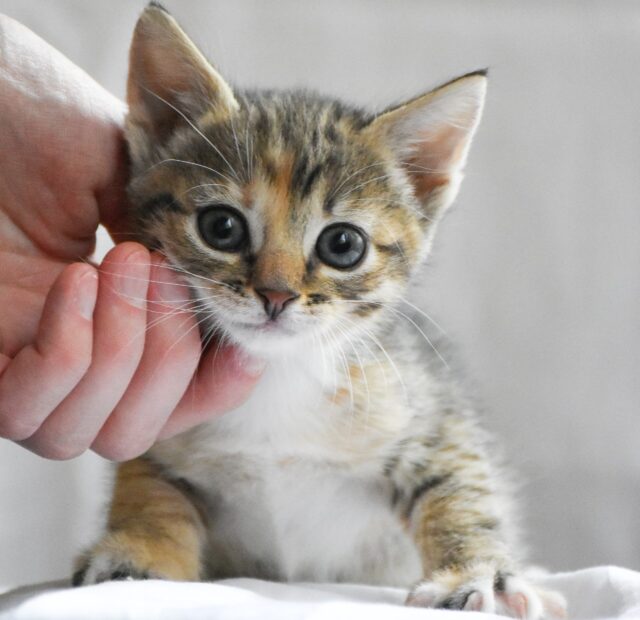
Delanoeije and Pendry surveyed over 1,400 university students and faculty from 20 universities for their study, finding that those who are highly reactive to emotions tend toward cats more than dogs. It’s also these emotional people that would benefit the most from visiting with cats.
“Anecdotally, we’ve always been told that cat people are different from dog people, and that most students are not interested in interacting with cats,” Pendry explained. “Our results revealed that students are interested in interacting with cats and that this interest may be driven by personality traits.”
RELATED: Study Proves What Cat Lovers Already Know About Slow Blinks & We Can’t Help Smiling
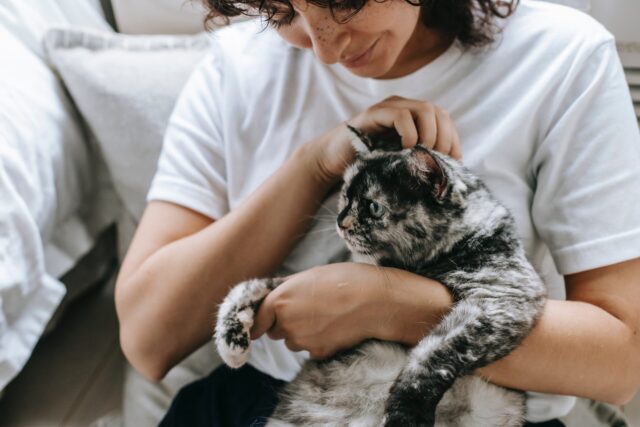
Researchers learned people, whether students or staff, exhibiting the Emotionality personality trait were those that responded positively about adding cats to therapy events. And most of these people were also ones who identified as cat parents and females.
“Emotionality is a pretty stable trait; it doesn’t fluctuate and is a quite consistent feature of our personalities,” said Pendry. “We found that people on the higher end of that scale were significantly more interested in interacting with cats on campus. Given that prior research has shown that such individuals may be more open to forming strong attachments to animals, it makes sense they would want cats to be included in these programs.”
Adding Cats Means More Stress Release
More than eighty-five percent of stress-release events include only dogs. And that’s been due to “a perception that dogs exist to please people,” while cats seem to not give a fig for humans.
“While I may describe cats as ‘discerning,’ they are often perceived as unpredictable, aloof, or finicky — traits that can be difficult for some to be around,” said Pendry, a cat and dog lover.
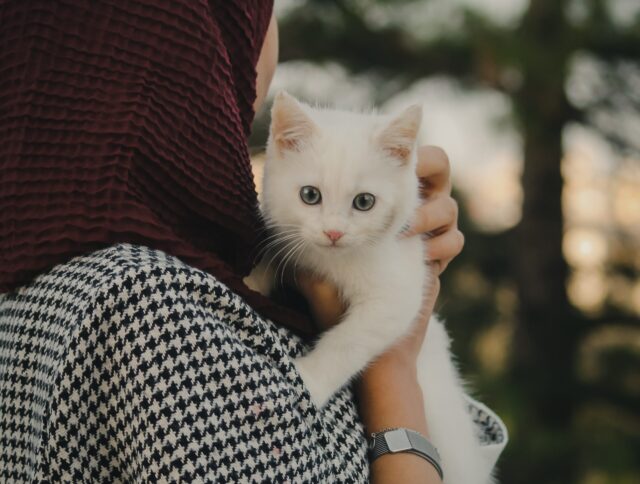
But those who love cats know the truth! And Pendry explained cat people were easy to spot in previous studies where species info wasn’t divided as they “made an immediate beeline for cats.”
“I was pleasantly surprised by how many people were interested in interacting with cats, which made me interested in learning more about why they made those choices.”
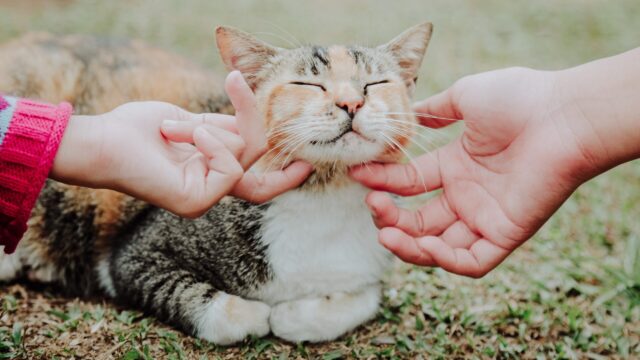
RELATED: New Study Suggests Your Cat May Not Be As Aloof As He Seems
“Our study shows that we may be able to reach a larger audience by offering interventions that include dogs and cats. People who are on the higher end of the emotionality trait may be more likely to participate and benefit from these interactions,” Pendry said. “We’re looking for ways to help more people reduce their stress levels. Adding cats may be another way to reach a broader audience.”
With this study, cat lovers have another source of proof that shows felines are complex creatures with a magical ability to bring peace to the soul.
